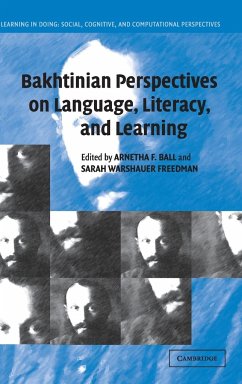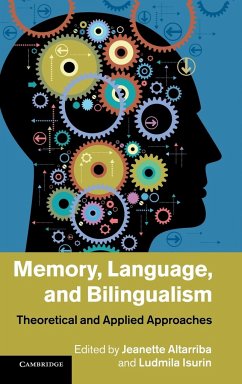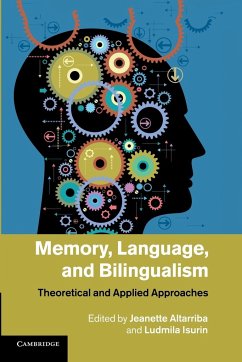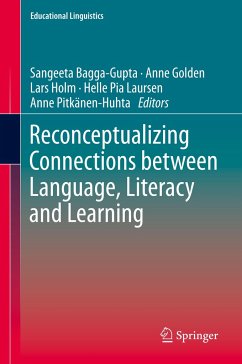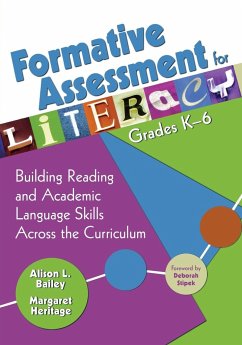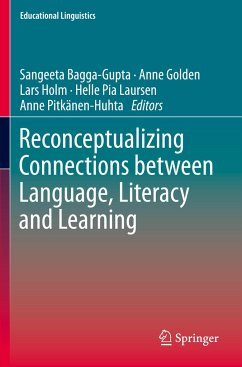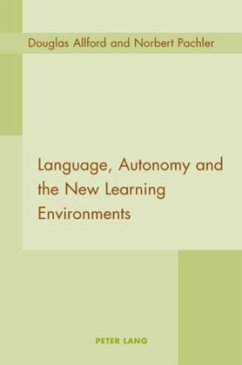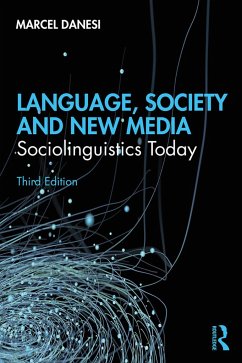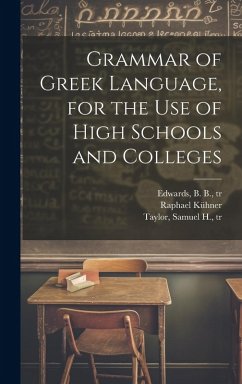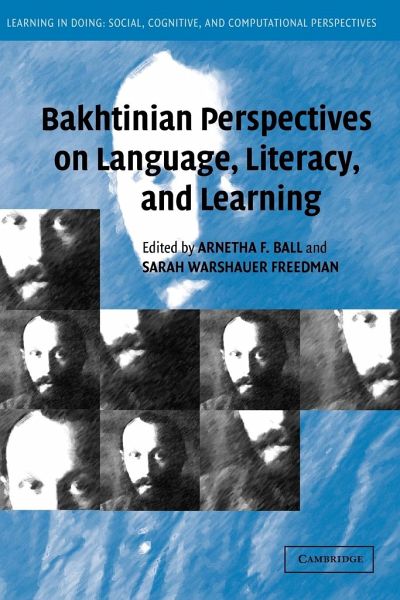
Arnetha F. Ball / Sarah Warshauer Freedman (eds.)
Broschiertes Buch
Bakhtinian Perspectives on Language, Literacy, and Learning
Versandkostenfrei!
Versandfertig in 1-2 Wochen

PAYBACK Punkte
25 °P sammeln!




This represents a multidisciplinary collaboration that highlights Mikhail Bakhtin's theories and modern scholarship.
Arnetha F. Ball is Associate Professor of Education at Stanford University. Her research interests focus on the oral and written literacies of culturally and linguistically diverse populations in the United States and South Africa. She has served on many boards and committees in her field and has published widely, with numerous book chapters and articles in journals that include Linguistics and Education, Applied Behavioral Science Review, Language Variation and Change, and Written Communication.
Sarah Warshauer Freedman is Professor of Education at the University of California, Berkeley and was Director of the National Center for the Study of Writing and Literacy from 1985-1996. She is the author of Exchanging Writing, Exchanging Cultures: Lessons in School Reform from the United States and Great Britain [Harvard University Press], Response to Student Writing [National Council of Teachers of English] and the editor of The Acquisition of Written Language [Ablex]
Sarah Warshauer Freedman is Professor of Education at the University of California, Berkeley and was Director of the National Center for the Study of Writing and Literacy from 1985-1996. She is the author of Exchanging Writing, Exchanging Cultures: Lessons in School Reform from the United States and Great Britain [Harvard University Press], Response to Student Writing [National Council of Teachers of English] and the editor of The Acquisition of Written Language [Ablex]
Produktdetails
- Verlag: Cambridge University Press
- Seitenzahl: 364
- Erscheinungstermin: 1. September 2004
- Englisch
- Abmessung: 229mm x 152mm x 20mm
- Gewicht: 527g
- ISBN-13: 9780521537889
- ISBN-10: 0521537886
- Artikelnr.: 22302604
Herstellerkennzeichnung
Libri GmbH
Europaallee 1
36244 Bad Hersfeld
gpsr@libri.de
Für dieses Produkt wurde noch keine Bewertung abgegeben. Wir würden uns sehr freuen, wenn du die erste Bewertung schreibst!
Eine Bewertung schreiben
Eine Bewertung schreiben
Andere Kunden interessierten sich für




